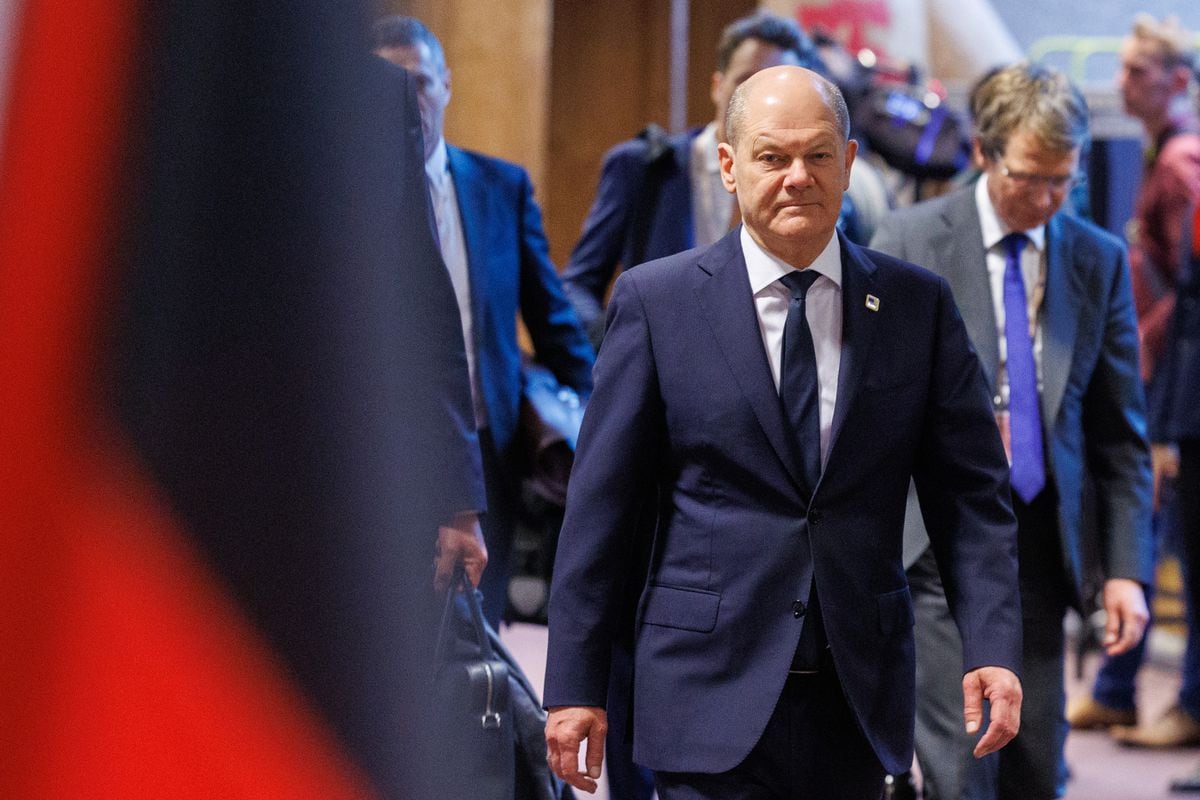After months of tense negotiations between Olaf Scholz's coalition government and the conservative opposition, the new law that provides for multi-million dollar tax relief for companies has finally passed the last legislative hurdle.
The Bundesrat - the upper house of the German Parliament - approved today by a large majority the so-called Growth Opportunities Law.
This is a multibillion-dollar package to boost business growth, which mainly promises tax cuts and fewer bureaucratic obstacles so that companies can face the economic recession and be more competitive.
It is part of the 10-point plan agreed by the German Government last year to boost the economy and investments.
This new law, which improves the framework conditions for investment and innovation, has a total volume of tax relief for small and medium-sized businesses of 3.2 billion euros per year in order to encourage companies to invest in modern facilities and in Germany as a business location.
Companies will benefit, for example, from the extension of tax incentives for research, better depreciation options, tax incentives for the construction of new homes, the improvement of the deduction for tax losses and the introduction of electronic invoicing.
The federal states had paralyzed the project after its approval in the Bundestag (Lower House of the German Parliament) and turned to the mediation committee for a modification because they feared a high loss of income.
The initial draft of the law presented by the Government made up of social democrats, greens and liberals, originally provided for some 50 individual measures with a total volume of tax relief of nearly 7 billion euros.
In the mediation process, in addition to reducing that amount to 3.2 billion euros annually, the premium on the investment planned for climate protection was also canceled.
An attempt was made to save it with a watered-down version, but the conservatives did not accept it, claiming that it did not promise any concrete measures for farmers.
The conservatives had conditioned their agreement on the Government easing the burden on farmers and had demanded that the plan to cut subsidies for agricultural diesel be reversed, which was also approved today by the Bundesrat to avoid more internal problems.
The Conservatives demanded that, as an alternative, farmers be relieved by the same amount through other measures.
They sought to gain the favor of a sector that has been on a war footing for some time.
This stance led the German Finance Minister, the liberal Christian Lindner, to criticize the conservatives for creating a connection that did not actually exist.
Furthermore, he accused them of being partly responsible for the loss of competitiveness of the German economy when they were in government.
In an attempt to resolve the conflict, the Ministry of Agriculture promised relief for the agricultural sector, but without presenting a package of concrete measures before the vote in the Bundesrat.
They reported that, among other things, the cancellation of bureaucratic documentation obligations and the relief of income tax are being prepared.
In this context, Lindner, who at the time had to fight to carry out his plans within the coalition government, reacted soberly to the approval of the Bundesrat and pointed out that its volume is “much smaller” than he had originally anticipated. .
“Although it remains an important signal, it must now be followed by other measures if we want to improve the situation of our economy.
We are working on it,” he wrote on the social network X.
Meanwhile, Chancellor Olaf Scholz recalled that this law “helps companies to invest in tense times: in research and development, in economic growth” and described it as “an important signal” for the German economy.
“It's good that it comes now,” he added in his publication uploaded on X.
Despite the modification of the new law, the president of the German Chamber of Industry and Commerce (DIHK), Peter Adrian, sees it as “a small silver lining on the horizon of companies.”
However, in his opinion, the law should be “the prelude to a fundamental reorientation of economic policy” to address the stagnation of the economy.
“We urgently need clear improvements in the economic framework conditions so that the German economy can return to a growth trajectory as soon as possible,” said Adrian, who called for a reduction in the tax burden and a “paradigm change.”
“Germany must be faster, more flexible and more digital.”
Follow all the information on
Economy
and
Business
on
and
X
, or in our
weekly newsletter
Subscribe to continue reading
Read without limits
Keep reading
I am already a subscriber
_

